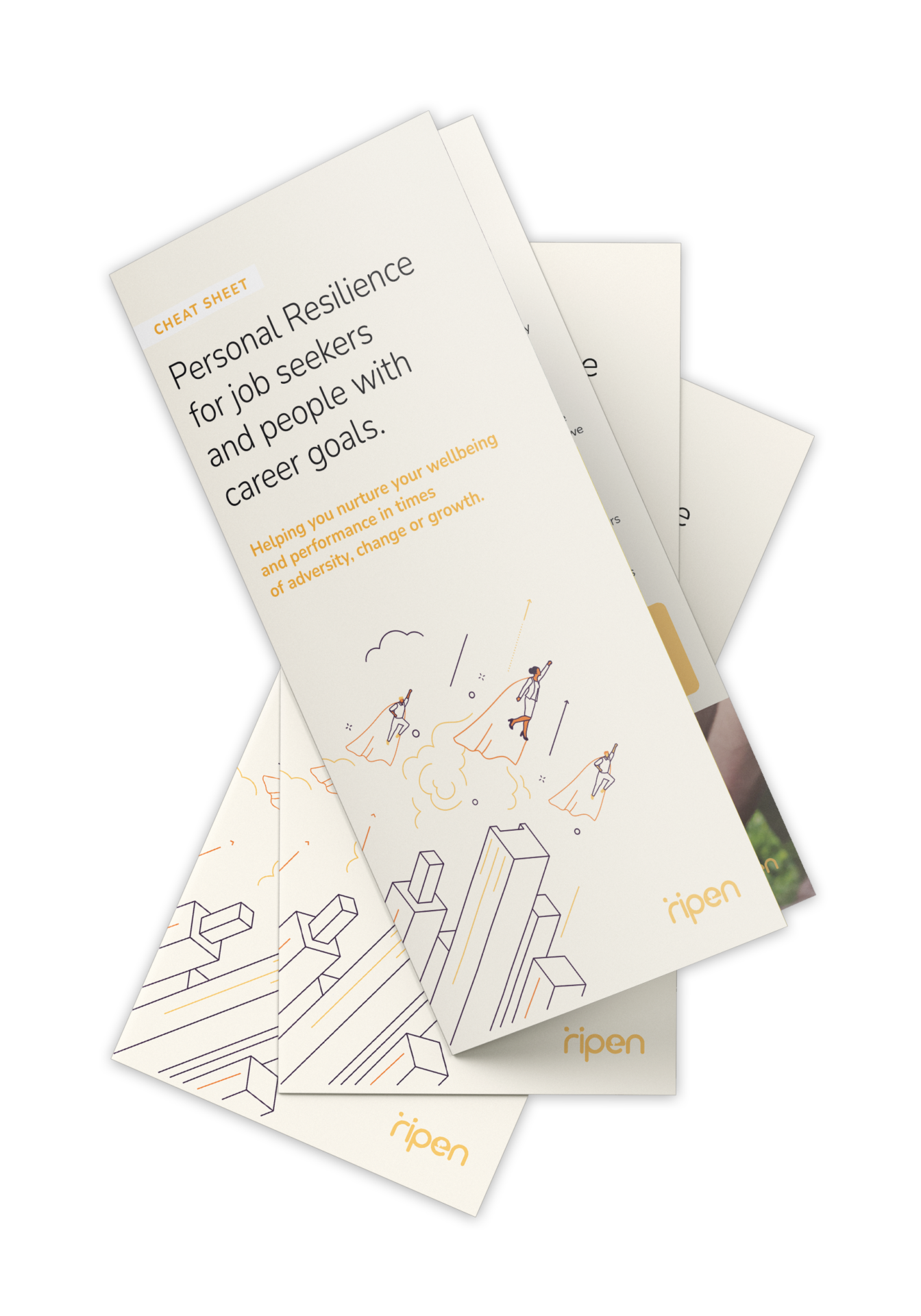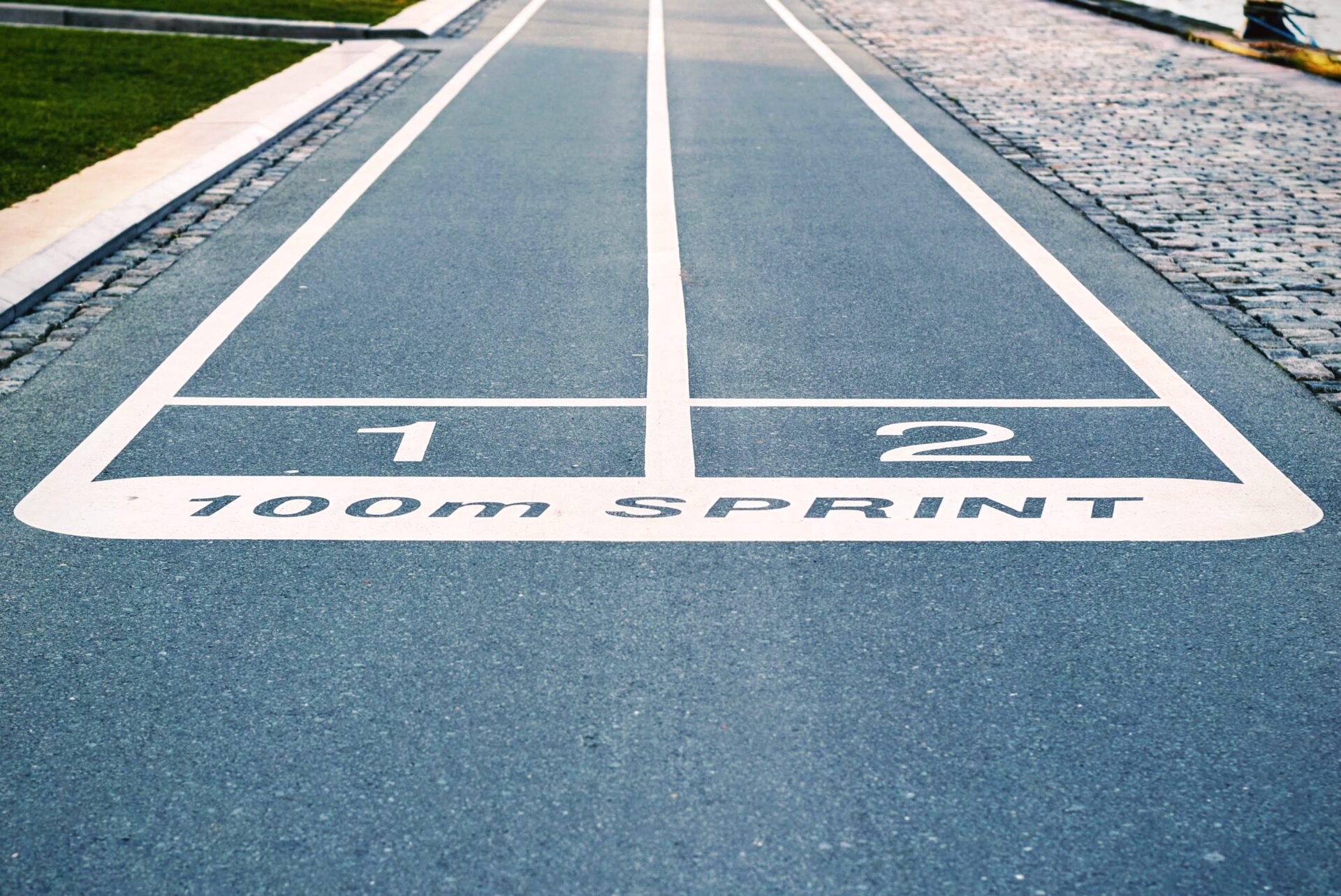It’s a common misconception that having goals leads to success, but research shows you are 2 to 3 times (double or triple) as likely to achieve what you want in life if you actually get clear on when, where and how you will perform the right daily habits. So let’s get clear on the difference between goals and habits, and how you can apply this thinking to increase your success.
You can think of goals as the end outcome of all your habits. Goals are the things and feelings you want to achieve in life. Maybe it’s achieving the joy of finally clearing your student loans and giving the government (or your parents) the middle finger while screaming ‘I’m quitting work and going to live in a camper van!’. Maybe it’s the pride of finally leaving your career doing that thing you thought you’d enjoy at 21 (has anyone ever got that right!?), and heading off to instead start a cupcake business out of your garage using a bbq.
You can think of habits as the daily behaviours that create your success, or not. If you’ve got a financial goal such as clearing student debts or starting your own business, then behaviours such as eating out in restaurants 6 days a week, buying a new outfit every time your Instagram idol puts a selfie on your feed, or being the mate who always shouts the first, second and every other round of beers, will go against your success. Funnily enough, I have a friend who’s the opposite of this and is always in the bathroom when it’s his round! When you think about it, there are probably 4 or 5 habits for each of the things you want to achieve in life that are either helping or hindering your success right now.

